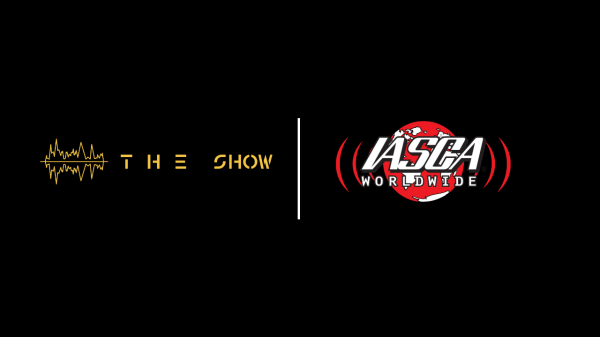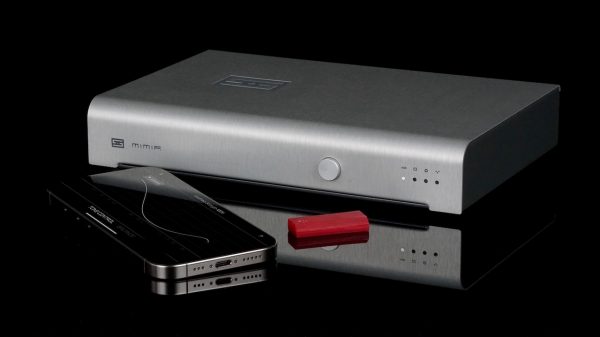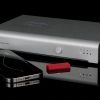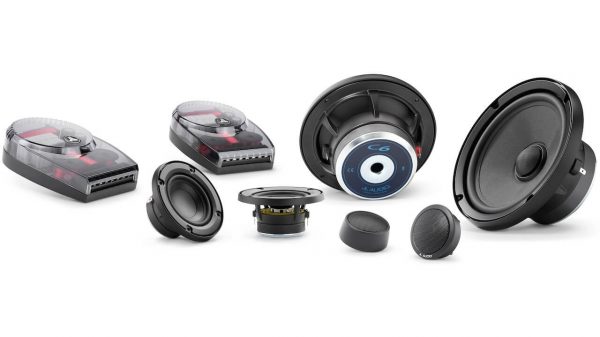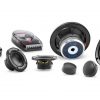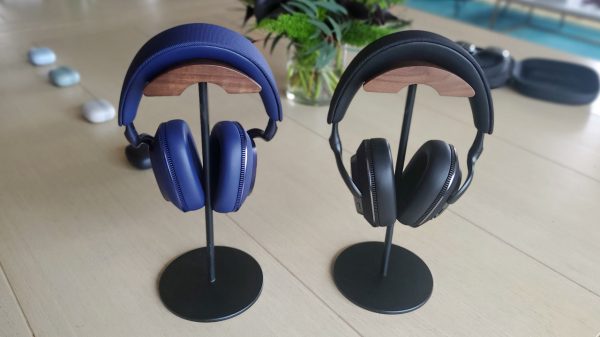With the New Year comes new plans of either correcting past mistakes or implementing new approaches to the way we have done things in order to produce more favorable results. For many of us there are plenty of areas in which we would like to concentrate our efforts in order to make our lives easier. Most of the time these areas revolve around our physical appearance or on improving the character defects that may have held us back from achieving certain goals. Very seldom do we look at making the minor adjustments that, if actually carried out, could prove to be extremely beneficial.
One such adjustment would be in how we treat our computers. While just about anybody with a computer would attest to how valuable and important they were to their daily life very few actually take the time to ensure they are operating at peek performance. That attitude of indifference and neglect will eventually lead to problems that could have easily been avoided.
Many of today’s computer problems involve the disease fragmentation. Most of us have experienced the symptoms associated with fragmentation but more often than not we misdiagnose the disease. Rather than recognizing it for what it is we chalk it up to the age of the computer and figure its time to shell out top dollar for a new hard drive.
We experience a slowdown in booting up our computer, long delays in loading pages and applications, difficulty in accessing and sending emails, and sluggish Internet browsing and we figure the source of the problem is too deep to fix. Because we continue to bury our head in the sand the problem only gets worse until the hard drive eventually crashes.
Now if we head into the New Year with a new mindset, and can actually follow through with a simple task, then we can guard our computer from such an ending. Whether we like it or not fragmentation occurs on every unprotected computer. Every time we turn on our computers our hard drive is exposed to countless fragmented files. Whether we’re just working on a simple document or searching for information online our computers are saving these dangerous files and creating a breeding ground for disaster on our hard drive.
In short, our hard drive saves files in a contiguous manner. Every time a file is saved it gets placed behind the last file saved and so on. Our hard drive provides no room for modifications, additions or deletions and when we do alter an existing file it either creates open space on the hard drive or results in a new file that doesn’t fit in the original space it once occupied. When the original file is made larger the hard drive is forced to cut the added information and save it in the next available free space. This is fragmentation, the breaking up of a file into multiple pieces and stored in various open space on the hard drive. When you try to recall this file your hard drive has to search for all the pieces before it can deliver the file, thus the lengthy delay.
That delay will continue to get longer and longer if we don’t take a simple step to restore our computer’s health. That simple step, a New Year’s pledge for those who value their computer, is installing defragmentation software. Unlike other resolutions, this is something that only needs to be done once for you to be considered successful. Defrag software works by repairing files that have become fragmented by rejoining the pieces and saving it as a single file. By cleaning your hard drive of fragmented files your computer’s speed will improve dramatically and its reliability will be restored.
For those who have had bad experiences in the past with following through with resolutions the best part about installing defrag software is it only has to be done once. After its been installed it will continue to keep your hard drive free of fragmented files and keep your 2008 running smoothly, at least on your computer.

